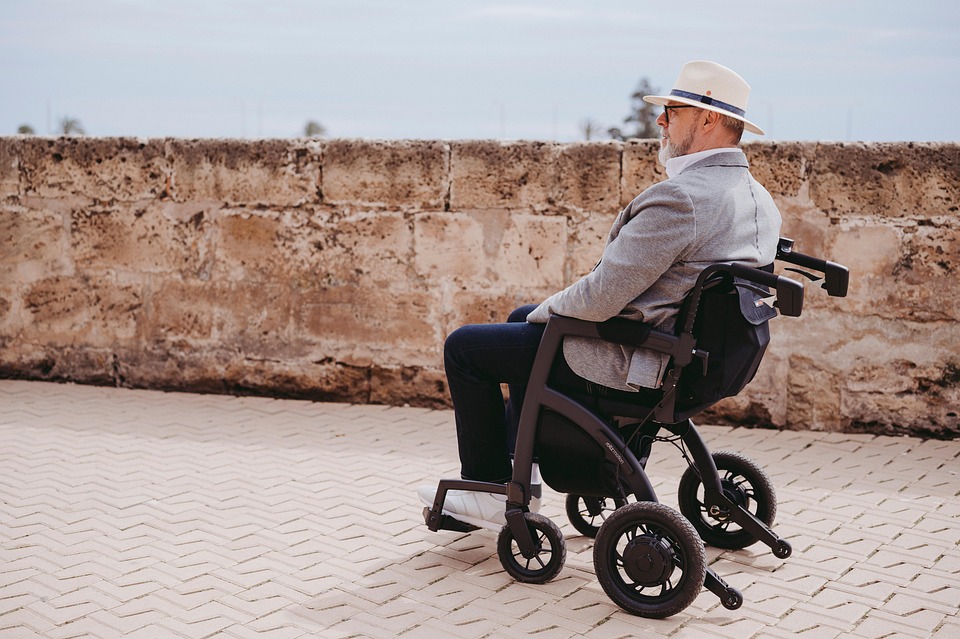Understanding the Role of a Disability Support Worker
Crafting a compelling cover letter for a Disability Support Worker position is more than just a formality; it’s your chance to showcase your empathy, skills, and passion for making a difference in the lives of those with disabilities. This role requires not only professional qualifications but also a heart that truly resonates with the needs of individuals requiring support.
Highlighting Relevant Experience
-
Showcase Your Background: Begin by delving into your previous experience. Whether you’ve worked in care homes, schools, or community settings, provide specific examples of how your roles have prepared you for this position. Did you manage personal care plans? Or perhaps you facilitated social activities? Make it vivid.
-
Emphasise Soft Skills: In this field, technical skills matter, but soft skills are paramount. Discuss your communication abilities, patience, and problem-solving skills. A poignant example—perhaps a scenario where you successfully resolved a challenging situation—can paint a picture of your capabilities.
Tailoring Your Letter
-
Personalisation is Key: Research the organisation to which you’re applying. Understand their ethos and the specific needs of the clientele they serve. Tailor your letter to reflect this understanding; mention any values they uphold that resonate with you. This shows that you’re not just sending a generic application but are genuinely interested in the role and the organisation.
-
Utilise Keywords: Many employers use Applicant Tracking Systems (ATS) to filter applications. Incorporate keywords found in the job description—terms like “person-centred care,” “emotional support,” or “advocacy” can elevate your application and demonstrate your alignment with their needs.
Structuring Your Content
An effective cover letter flows seamlessly; it should not feel like a checklist. Here’s a suggested structure:
-
Introduction: Start with a strong opening statement that grabs attention. Perhaps share a brief anecdote that illustrates your passion for support work or your commitment to making a positive impact.
-
Body: This section should delve into your experience and skills. Use paragraphs to separate different themes—professional experience, soft skills, and your understanding of the role. Each paragraph should connect back to the job, demonstrating why you’re the best fit.
-
Closing: Wrap up with a confident statement about your enthusiasm for the position and your eagerness to contribute. A strong closing line can leave a lasting impression—something like, “I am excited about the prospect of bringing my dedication and skills to your team, ensuring every individual feels valued and supported.”
Ending on a Positive Note
In crafting your cover letter, remember that authenticity shines through. Allow your genuine desire to help others to be the guiding force behind your words. With the right blend of personal insight, relevant experience, and tailored content, your cover letter can stand out in a sea of applications.
As you navigate this process, remember that CVPortal continually provides a wealth of quality CV references, helping you perfect your job applications and secure that desired role in the field of disability support. Your journey to making a meaningful difference is just a well-crafted cover letter away!


